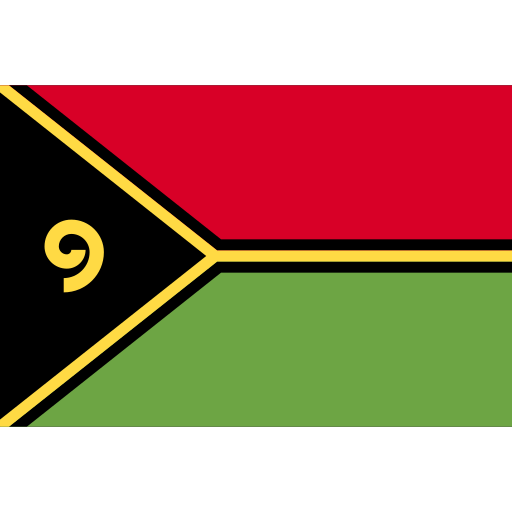Blog

Is cryptocurrency legal in Vanuatu?

Citizenship of which country can be obtained online?

How to get a Police Clearance Certificate (PCC) online in Vanuatu

Citizenship of Vanuatu for Russians 2026

News of the Vanuatu Citizenship Program: Amendments of 2026

Real terms for obtaining a Vanuatu passport in 2026: from application to the document in hand

Interview on Citizenship in 2026: New Standard of Caribbean Programs and Vanuatu’s Position

Visa to the USA with a Vanuatu passport

Vanuatu vs UAE and Singapore: Comparison of Tax Havens for Business Relocation

Top-5 Reasons for Denial of Vanuatu Citizenship (And How to 100% Avoid Them)

The future of Vanuatu’s citizenship program: will visa-free access to the EU be restored, and what should investors expect?

Where is it easiest to obtain citizenship in 2026?
